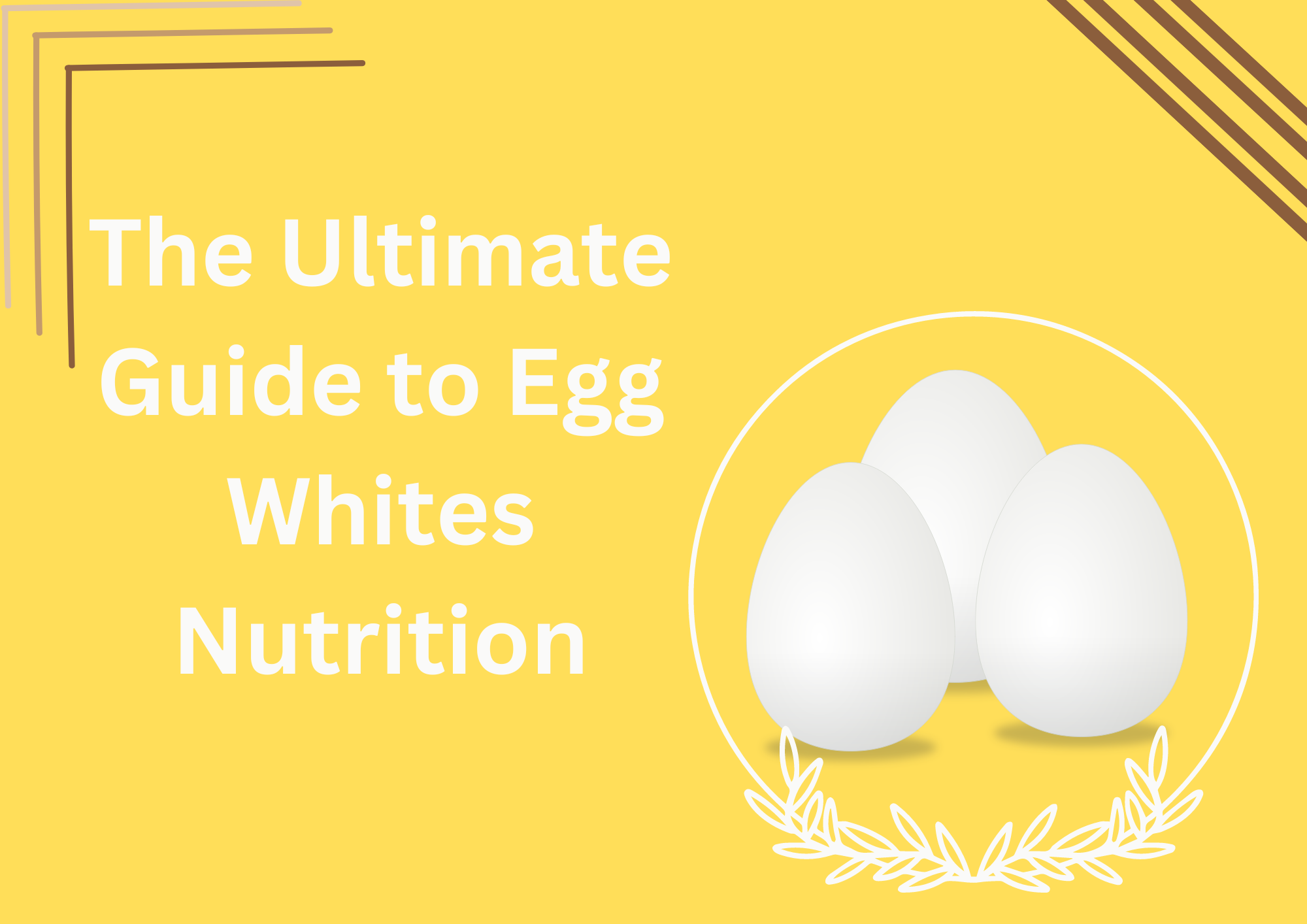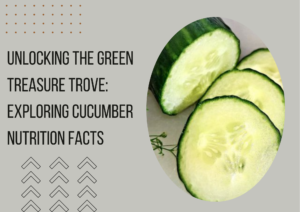Albumen, another name for egg whites, has long been prized for its exceptional nutritional makeup and adaptability in the kitchen. Egg whites have amazing health advantages and culinary potential, even though egg yolks usually get all the attention. We examine the nutritional makeup of egg whites, their many health advantages, unique culinary applications, consumption considerations, and their role in a balanced diet in this in-depth investigation.
Nutritional Composition of Egg Whites
A popular food of athletes and health lovers alike, egg whites are well known for their high protein content. One big egg white has about 3.6 grams of protein, which makes it a great way to get this important macronutrient. Egg whites are also almost fat-free and low in carbohydrates, which makes them a great option for anyone on low-fat or low-carb diets.
Egg whites are rich in macronutrients, but they are also a good source of micronutrients, such as B vitamins like riboflavin, niacin, and B12, which are essential for energy metabolism and nervous system health. To further improve their nutritional worth, egg whites are also a good source of minerals like potassium, magnesium, and selenium.
Health Benefits of Egg Whites
Egg white consumption has several health benefits, including improved cardiovascular health, skin rejuvenation, and muscular growth and repair. Egg whites are an excellent post-workout snack for anyone aiming to improve muscle growth and recovery since their high-quality protein includes all the key amino acids required for muscle synthesis and repair.
Egg whites are also a lean protein source because they don’t include fat, which helps with weight management by encouraging fullness without adding extra calories. Egg whites are a great addition to any diet plan because research indicates that using them in a balanced diet may help with weight reduction and maintenance.

Additionally, peptides found in egg whites may have cardio-protective properties, lowering the risk of cardiovascular conditions like heart disease and stroke. Furthermore, antioxidants like selenium found in egg whites can fight inflammation and oxidative stress, which will benefit heart health even more.
Egg whites are prized for their possible skincare benefits in addition to their internal health advantages. Egg whites’ high protein content helps firm and tighten skin, which minimizes the look of fine lines and wrinkles. Additionally, using egg white masks can help remove extra oil and pollutants from the skin, leaving it feeling renewed and glowing.
Cooking and Incorporating Egg Whites
Egg whites are highly adaptable in the kitchen and can be used for a variety of culinary purposes. There’s no shortage of ways to make use of the nutritious advantages of egg whites, be it in savory meals, whipped into a fluffy meringue, or scrambled for breakfast.
It is important to think about the several ways that can be used while cooking with egg whites. Hard-boiled eggs are a practical snack that can be eaten independently or sliced and added to salads and sandwiches. One common way to prepare hard-boiled eggs is to boil the egg whites. Similarly, a wholesome and filling breakfast or brunch alternative can be made by scrambling egg whites with veggies and lean proteins.
For dessert lovers, meringue is a light and fluffy topping that goes well with fruit or as a filling for pies and tarts. It is made from egg whites whisked into stiff peaks and sweetened. Furthermore, adding egg whites to protein drinks and smoothies boosts the amount of high-quality protein without dramatically changing the flavor profile.
Considerations and Precautions
Even though eating egg whites has many health benefits, there are some things to keep in mind and measures to take. People who are allergic to eggs should be careful when eating egg whites because they could respond negatively to swelling, hives, or trouble breathing.
In addition, adherence to appropriate food safety protocols is necessary to mitigate the potential for foodborne infections, including salmonella contamination. To assure food safety and get rid of any possible germs, egg whites should be cooked completely until they are hard and opaque.
Considering the fact that egg whites are nutrient-dense, some nutritional loss may happen when cooking. If you want to maintain the nutritional integrity of egg whites, think about using them in recipes that call for little to no cooking or use cooking techniques like poaching or delicate sautéing.

Finally, people who adhere to particular dietary restrictions or preferences, such as vegans or people on a plant-based diet, may decide to completely exclude egg whites from their meals. Thankfully, there are several plant-based substitutes out there that can replicate the texture and functioning of egg whites in a variety of recipes, such as commercial egg replacers.
Conclusion
Egg whites are a nutritional powerhouse that is rich in protein, antioxidants, vitamins, and minerals and have a host of other health advantages. Egg whites provide value to any diet by helping with weight control, muscle growth, cardiovascular health, and skin vibrancy enhancement.
They can be used in a variety of recipes, from rich desserts to everyday breakfast fare. This is due to their culinary adaptability. However, to reduce the danger of foodborne illness and guarantee appropriate nutrient intake, it’s crucial to use caution and adhere to the correct food safety recommendations.
Egg whites are a wholesome and adaptable food that should be a fixture in your kitchen, whether they are eaten on their own or combined with other ingredients in your favorite dishes. Therefore, the next time you crack an egg, embrace the nutritional value and culinary potential of the whites for a happier, healthier you.



